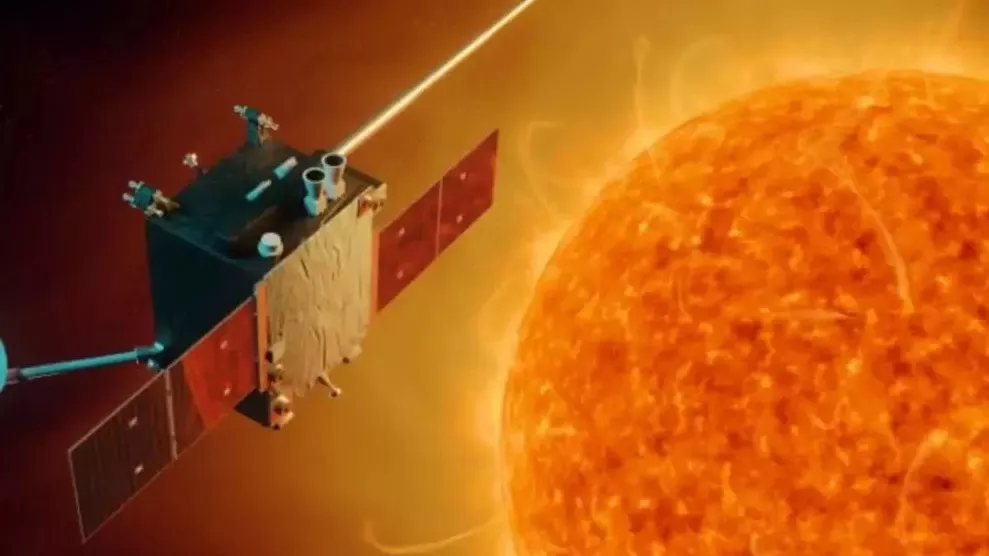2 arrested as Gujarat family held hostage in Bengal over ₹15 lakh ransom for fake passports
.gif)
.gif)

In a significant development, the Indian Space Research Organisation (ISRO) announced on Saturday that the Solar Wind Ion Spectrometer (SWIS), the second instrument in the Aditya Solar Wind Particle Experiment (ASPEX) of its pioneering solar mission, Aditya-L1, is now operational.
"The Solar Wind Ion Spectrometer (SWIS), the second instrument in the Aditya Solar Wind Particle Experiment (ASPEX) payload, is operational. The histogram illustrates the energy variations in proton and alpha particle counts captured by SWIS over 2-days," ISRO said in a post on X.
According to ISRO, the SWIS instrument, which captures energy variations in proton and alpha particle counts, has been activated successfully. The Aditya Solar Wind Particle Experiment (ASPEX) payload, equipped with two cutting-edge instruments—SWIS and STEPS (SupraThermal and Energetic Particle Spectrometer)—is reported to be functioning normally. The STEPS instrument began operations on September 10, 2023, while SWIS became operational on November 2, 2023, showcasing optimal performance.
ISRO emphasized that ASPEX has initiated measurements of solar wind ions. SWIS, featuring two sensor units with a remarkable 360-degree field of view each, operates in perpendicular planes, enabling precise measurements of solar wind protons and alpha particles. This capability is expected to contribute significantly to understanding solar wind properties, underlying processes, and their impact on Earth.
The successful activation of SWIS follows the recent soft landing of Chandrayaan-3 near the South pole of the moon. Aditya-L1, launched from the Satish Dhawan Space Centre in Sriharikota on September 2, is India's maiden solar mission. ISRO clarified that Aditya-L1 will neither land on the sun nor approach it closely. The strategic orbit chosen for Aditya-L1 allows continuous observation of the sun without hindrance from eclipses or occultation, enabling scientists to study solar activities and their impact on space weather in real-time.